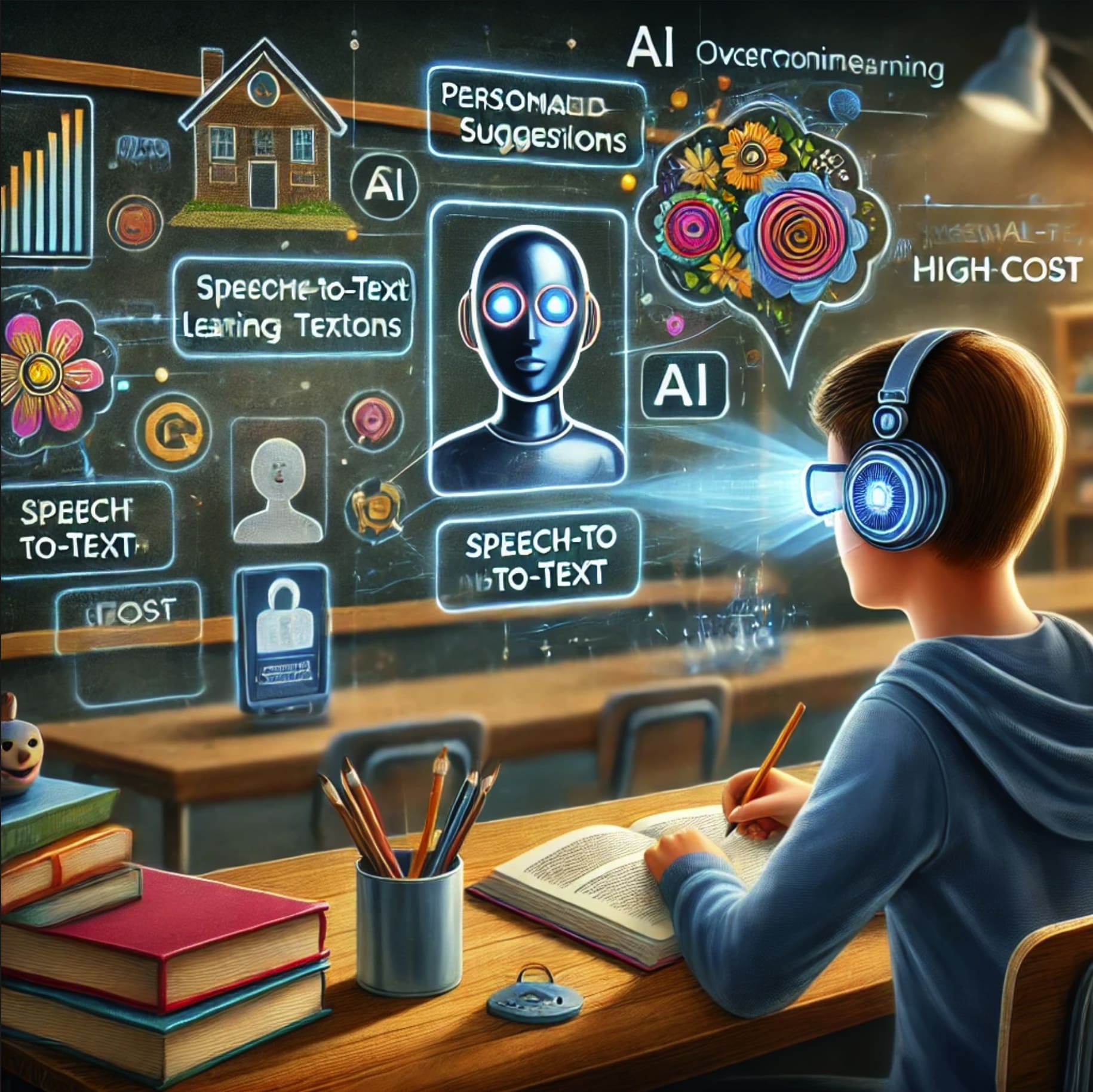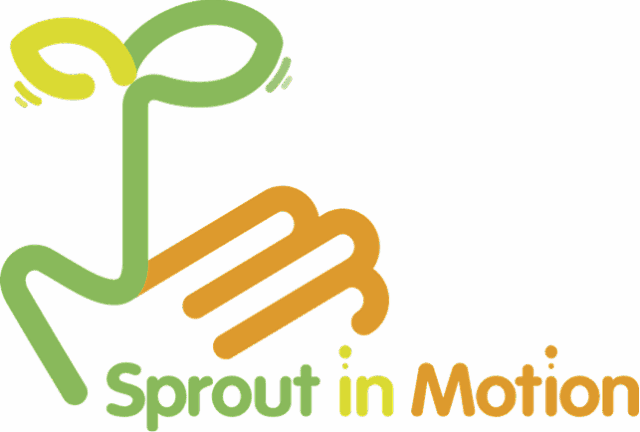
How AI Helps Students With Dyslexia: Its Barriers And Solutions
September 11, 2024
2 min read
At the dawn of ChatGPT and the rapid adaptation of its AI technology, people are both excited and cautious about using AI in education. At the same time, AI has the potential to change the way students with dyslexia learn by providing new tools and approaches that can help them overcome some of the challenges they face in traditional learning environments.
Here are some potential ways AI could help:
Personalized Learning
AI can adapt to a student’s learning style and pace, providing them with personalized materials and exercises that suit their individual needs. This can help students with dyslexia learn more effectively and stay engaged with the material.
Speech-to-Text
AI can be used to transcribe spoken language into text, which can help students with dyslexia who struggle with reading and writing. This technology can help students access more complex texts and improve their writing skills.
Text-to-Speech
AI can also read text aloud, which can help students with dyslexia improve their reading comprehension and reduce the cognitive load associated with reading.
Multisensory Learning
AI can create multisensory learning experiences that incorporate visual, auditory, and tactile elements. This can help students with dyslexia better understand and retain information.
However, there are also potential barriers to implementing AI in the learning environment for students with dyslexia. Some of the barriers are:
Lack of Access
Many schools and classrooms do not have the technology infrastructure to support AI-based learning systems, which may limit access for students with dyslexia.
Cost
AI-based learning systems can be expensive, which may limit their availability in certain schools and communities.
Technical Challenges
Implementing AI-based learning systems can be technically challenging, which may require specialized skills and knowledge.
Ethical Considerations
AI-based learning systems raise ethical concerns around privacy, data collection, and algorithmic bias.
To overcome these barriers, it will require collaboration between researchers, educators, and policymakers to develop effective and accessible AI-based learning systems that are sensitive to the needs of students with dyslexia. Additionally, providing training to teachers, parents and students to effectively use these new learning systems can help to make the implementation of AI easier.





